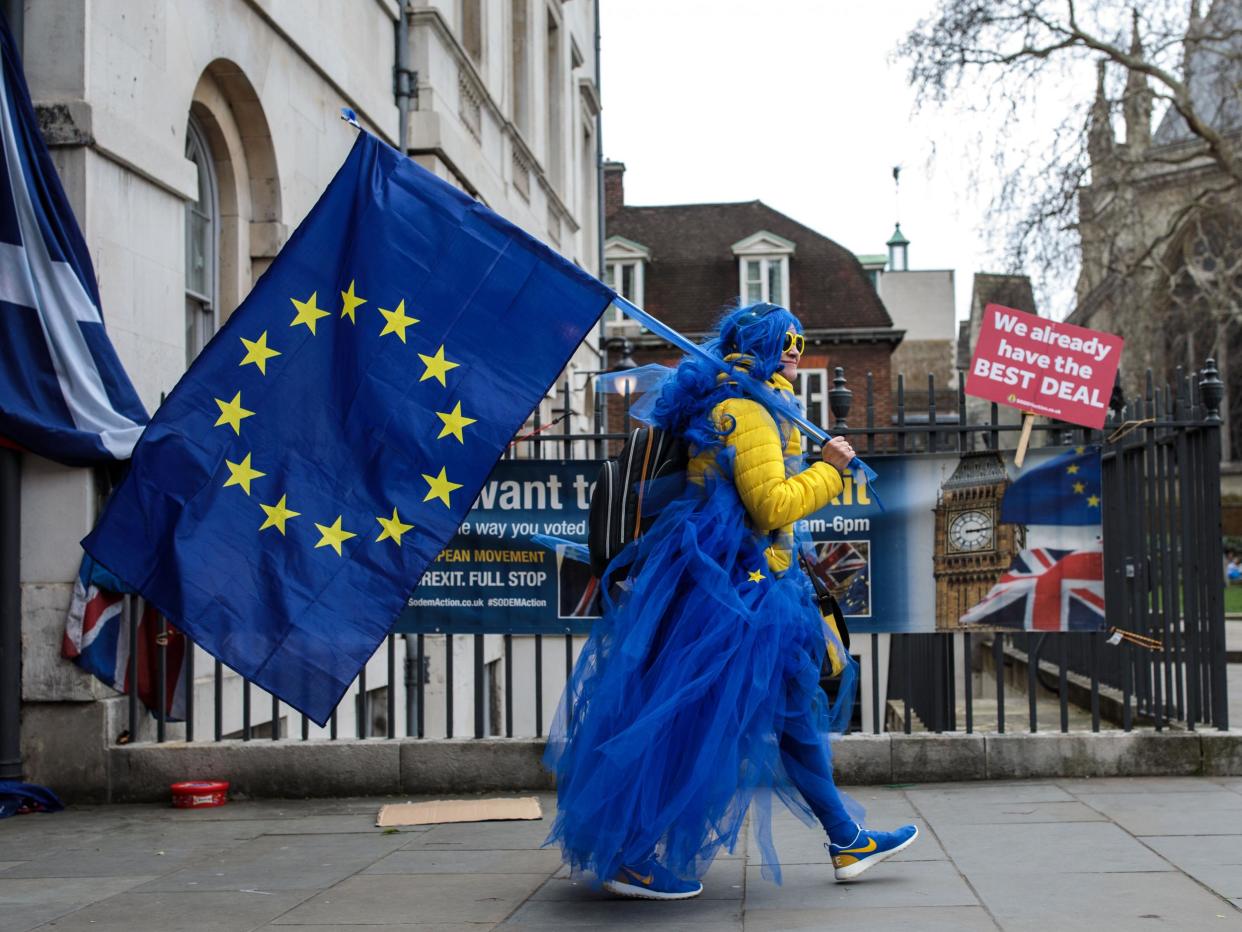Over the next two years the EU will decide its future path – here's why the UK has to be involved despite Brexit

Brexit is now certain. This is a moment of grief for pro-Europeans. To add salt to our wounds, under Britain’s majoritarian electoral system, the “elective dictatorship” as Lord Hailsham famously described it, those who campaigned to remain risk being locked out of the debate on the future UK-EU relationship. It need not be this way.
One of the great ironies of European affairs in 2020 will be that, as Britain grasps for the exit door, having had little debate about its future place in the world and in relation to the rest of Europe specifically, the European Union will enter a two-year period of profound self-reflection to answer just these questions.
Initiated by France's President Emmanuel Macron, a pan-European “Conference for the Future of Europe” is set to begin in 2020. It will involve consultation of the people of Europe on the future direction of the European Union and external cooperation more broadly, with citizens, academics and civic society.
The conference will seek to answer a series of fundamental questions about the role of the EU in a changing world order. How should Europe define its role in the world and its security and defence interests? Does the EU’s policy towards its neighbours need to change? What are European values and how can they best be defended? This is exactly the debate that Britain needs to have too. So why have it in isolation?
Most importantly, the conference will assess what democratic reforms the EU itself needs to move forward. This could end up being a pathway to treaty change, potentially opening the door to creative thinking over forms of EU membership, some of which may prove attractive to young Brits.
A series of citizens' assemblies in the UK, outside the control of the governing party, but associated to the simultaneous, broader EU-wide process, could be a mechanism for Britain to participate in defining Europe's future by examining alternative models of membership and their relative benefits and disadvantages. Including the only member state to depart the bloc might throw up some important questions for the EU too.
In both Britain and the rest of Europe, a frank and honest discussion is needed about what it means to be sovereign and “in control” of events taking place around us, in a changing world order. The limits of shared sovereignty, democratic deficits and the advantages of different possible models of European cooperation could be discussed, in an open, free and accessible way.
An inclusive national debate in Britain, twinned to this European conference, would be an opportunity to lay the foundations of something positive for the future, by engaging in a process of renewal and civic engagement.
In an era when populists interpret the “will of the people” for their own ends and regurgitate it back to the population, liberal internationalists must reach out to people in a more meaningful way, beyond politicians simply knocking on their doors during elections.
The road back to Britain’s place at the heart of the European project will be a tough one, but those who believe it is our rightful place cannot give up for a generation. To claim that the outcome of Britain's snapshot referendum in 2016 is the fate of young people for the rest of their lifetimes is not credible.
Britain must now define what it wants from its relationship with Europe. This cannot be left solely to the governing party, which saw only a 1 per cent increase in vote share in the general election. British voters are more divided, volatile and less partisan than ever, but the wheel can turn in both directions.
In his first speech after the general election, Prime Minister Boris Johnson mentioned the word “healing”, as victors who have divided their own populations to gain power often do, but he is unlikely to deliver it. This time, Brexit does mean Brexit, but if British pro-Europeans engage in a civic process now, and keep channels of communication with our continental allies open, there is hope for a more united and optimistic future.
Luisa Porritt is the Deputy Leader of the Liberal Democrats in the European Parliament and an MEP for London

 Yahoo News
Yahoo News 
